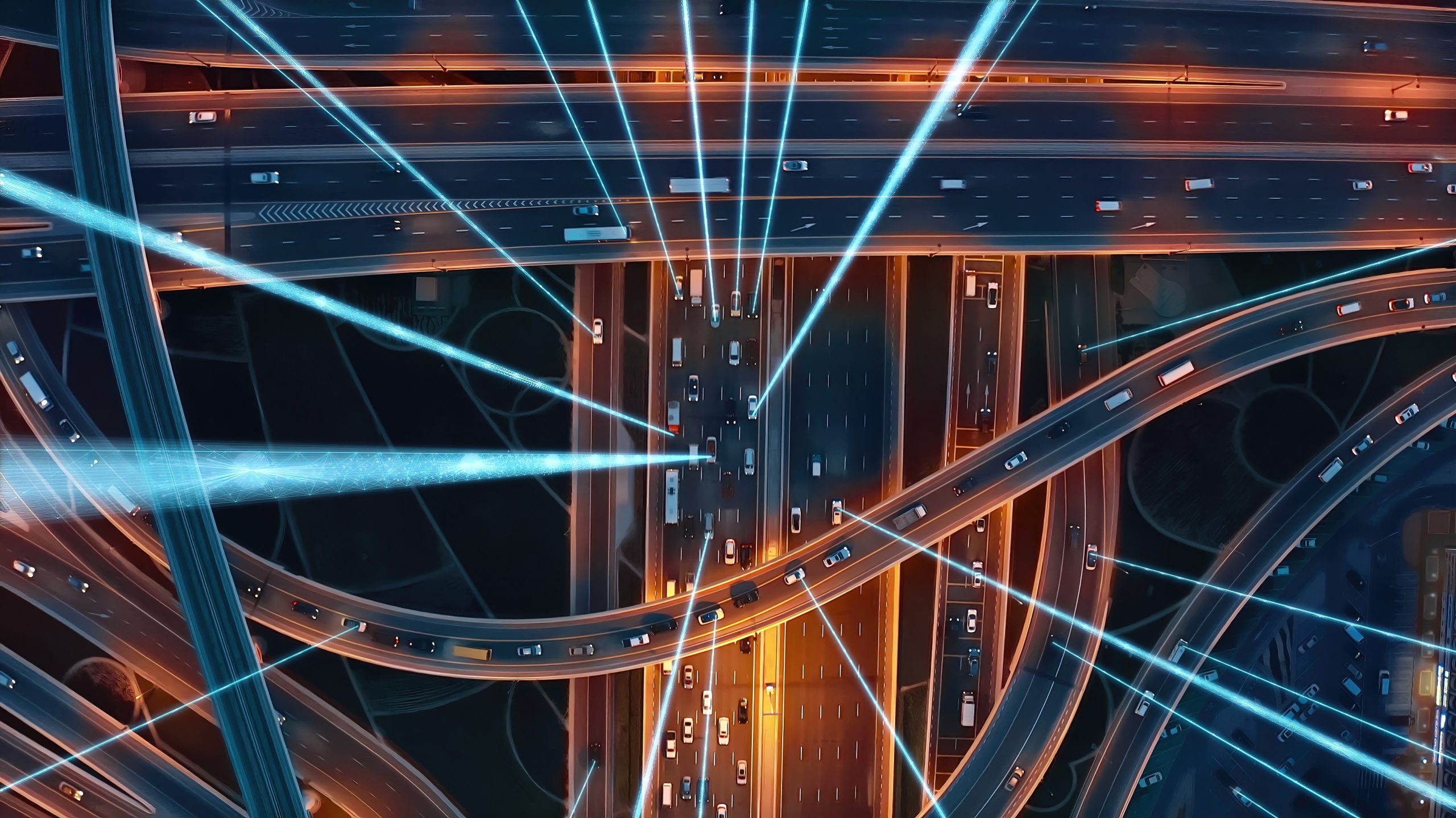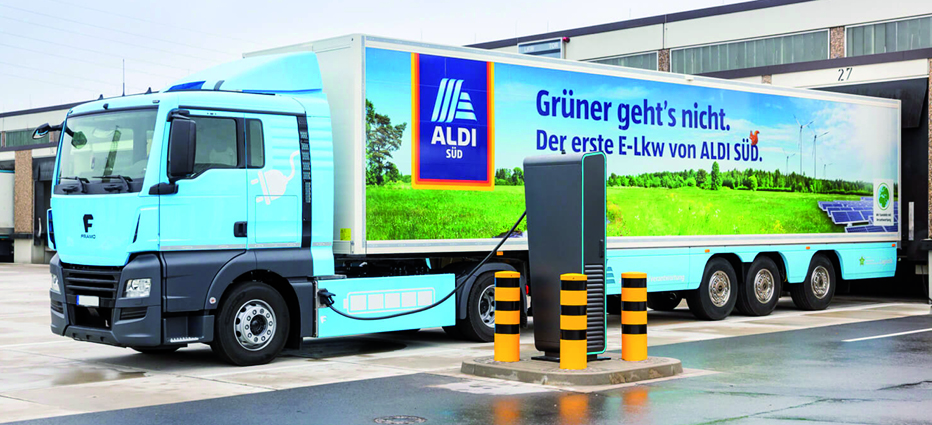 Internet Of Vehicles Autonomous Driving Systems Connected Cars Communicating Via Artificial Intelligence With Satellite Beams Information Signals Digital Highway Connection 5G Smart City Traffic Road
Internet Of Vehicles Autonomous Driving Systems Connected Cars Communicating Via Artificial Intelligence With Satellite Beams Information Signals Digital Highway Connection 5G Smart City Traffic Road
Artificial intelligence (AI) has recently seen rapid developments that impact our daily lives (such as ChatGPT) and are profoundly changing most industry and technology sectors, including the automotive industry.
AI, including machine learning and deep learning, is helping to improve many aspects of automotive technology. These include, for example, autonomous driving, advanced driver assistance systems and safety features, intelligent route planning, cloud and telecommunication services, and user-vehicle interaction (e.g., voice recognition). Other aspects include predictive maintenance of vehicle parts, development and testing of software and components for vehicles, and manufacturing with AI-driven industrial processes or robots. In addition, AI enables analysis of driver behavior, e.g., for better risk analysis, including for insurance companies, or improving fleet management in shared mobility. In electric-powered vehicles, for example, AI-based models enable better prediction of battery life.
While AI already plays a role in many of these aspects, its influence is expected to increase continuously. In autonomous driving, for example, there is still a long way to go from the partially autonomous vehicles now being realized (so-called Level 2 or 3) to the planned fully self-driving vehicles (so-called Level 5). Self-driving vehicles rely on a variety of sensors, such as lidar and cameras, to detect and classify objects in the environment, including other vehicles, obstacles and pedestrians. Here, AI can assist in analyzing and interpreting large amounts of data received from sensors (e.g., predicting movements of other vehicles or pedestrians) and deciding how to respond. AI can be considered a critical component because it enables the vehicle to receive, evaluate, and act on information much like a human driver.
As with any technology, intellectual property (IP), particularly patent protection, plays an important role in AI-related automotive innovations. According to research reports, the global automotive AI market is expected to grow from $2 billion in 2018 to $16 billion in 2028.
However, patenting AI is not an easy task. AI and machine learning are usually based on computational models and algorithms. In most European jurisdictions, computational models and algorithms are per se considered abstract mathematical concepts without a technical character and are therefore excluded from patentability. However, the application of AI for a technical purpose, e.g. in vehicle control, can overcome this exclusion – and this is true for many of the AI-related aspects in automotive technology.

Nevertheless, care should be taken when drafting patent applications to highlight the technical effects achieved by AI to avoid accusations of non-technical subject matter. In addition, the patent application must detail how the AI will be trained and used for the particular technical application. Another hurdle in the examination process is proving an inventive step of a particular AI or machine learning application over the prior art. Against this background, companies often have to weigh up whether to apply for a patent or keep the knowledge as a trade secret.
In summary, AI will accelerate the shift from mechanics and electronics in vehicles and related components to software. This shift from inventions in the field of mechanics and electronics to inventions in the field of software engineering and computer science must also be faced by patent systems worldwide. Awareness should be raised in industry, particularly among software engineers and computer scientists, that software-including AI-applied to a technical solution may well be patentable.
If you would like to discuss intellectual property or AI issues, please contact info@dehns.com or meet us at the eMove 360 Europe 2023 exhibition – Hall A6, Stand Number 130C.
Authors: Marcus Grunert, Partner, Dehns; Andreas Senft, Partner, Dehns, www.dehns.com